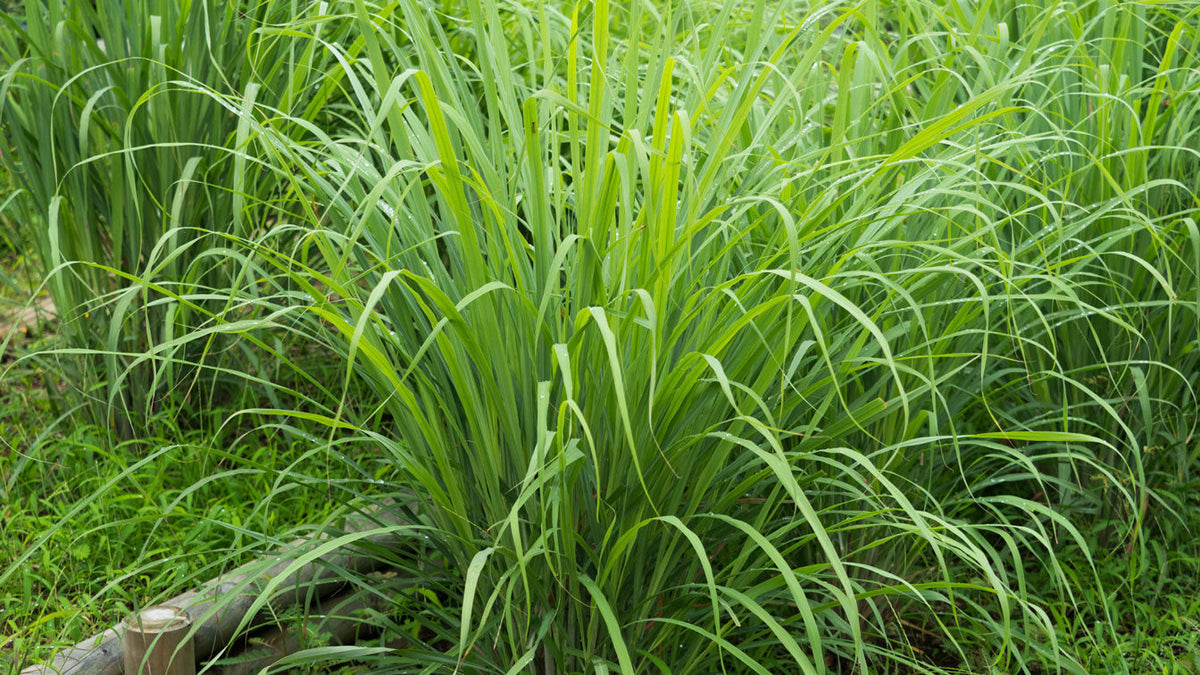
Far more than a spice – The valuable properties of lemongrass for health and well-being
|
Lesezeit 1 min
Cart
Your cart is empty
|
Lesezeit 1 min
Whether as an exotic spice in the kitchen, a soothing tea, or even as a natural insect repellent, lemongrass is a truly versatile plant. With its beneficial properties—ranging from promoting digestion to relaxing the mind—it has long since established a firm place in the alternative medicine of numerous cultures. Indeed, its roots reach far back, leading us into the ancient healing arts of Southeast Asia. Here, it has played an important role in both Ayurveda and traditional Chinese medicine (TCM) for thousands of years and is valued for its valuable ingredients and properties.
But why has lemongrass lost none of its importance in culinary arts and alternative medicine to this day? What valuable ingredients does it offer, and what can you use it for? In this article, we delve into the world of lemongrass and learn how you can use it for your health, well-being, and as a culinary highlight.
Contents:
Lemongrass – botanically known as Cymbopogon citratus – is a fascinating plant whose roots reach deep into the culture of Southeast Asia. In the tropical regions of Thailand, India, and Sri Lanka, it has been used for thousands of years for its culinary and
as well as medicinal properties.
But the history of lemongrass extends far beyond Asia – according to tradition, the ancient Greeks and Romans already used it to enhance their perfumes. Furthermore, its lemony aroma adds a distinctive touch to every dish, which is why it has always played an important role in Asian cuisine . Lemongrass is also highly regarded in traditional Indian healing practices in Southeast Asia and is associated with strengthening, calming, and harmonizing properties – but more on that later.
Today, lemongrass has spread beyond its region of origin and is used throughout the world. It is enjoying growing popularity, especially in Europe and America – whether in cooking, as a tea, or in cosmetics. Lemongrass is particularly valued in aromatherapy for its mood-enhancing and antibacterial properties. These traditional uses are increasingly supported by modern studies confirming the positive effects of the essential oils in lemongrass.